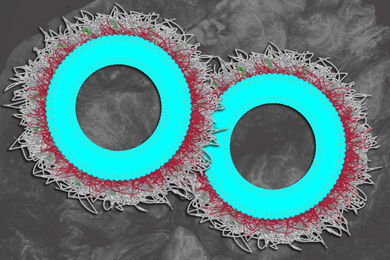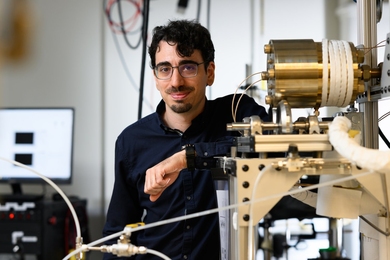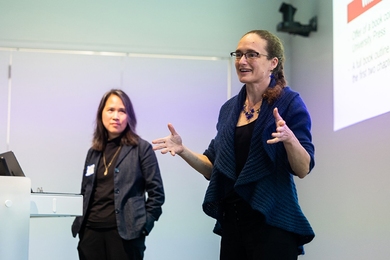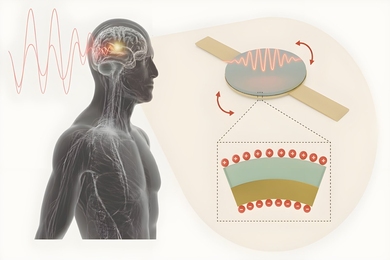When a group of engineers exploring new vehicle and fuel technologies at the National Renewable Energy Laboratory (NREL) in Colorado wanted instruction in engines, they turned to MIT. But they didn't have to travel to Cambridge. Thanks to MIT's Professional Education Programs (PEP), the internal combustion engines course came to them. The curriculum was customized to their needs by widely known experts in engine technology, Professors John Heywood and Wai Cheng.
"The rapid change in today's technologies, industries and organizations creates an unprecedented need, an opportunity, for high-quality, customized professional education," said Thomas L. Magnanti, dean of engineering. "PEP responds to this demand by creating custom programs that can quickly bring entire groups of employees anywhere in the country up to speed in new or evolving areas of knowledge and help them apply what they learn to their work."
Geared toward engineers, scientists and managers in groups of 25 or more, custom programs are adapted from courses at MIT's Professional Institute, part of PEP. These courses cover such areas as applied nanotechnology, biotechnology and pharmaceuticals, data modeling and analysis, to name a few, and are customized to meet the company's needs. If needed, the programs can also be developed around new topics and can combine management and technology fields. Courses last from a few days to several weeks and can be taught at the company, offsite or at MIT. Continuing education units are awarded to participants upon completion.
"The pace of development of new tools and methods is ever-accelerating, and industry employees need to be in a perpetual mode of learning -- otherwise they become obsolete fast," said chemical engineering Professor Greg Stephanopolous, who taught bioinformatics last summer at Boehringer Ingelheim Pharmaceuticals Inc. in Connecticut. "Courses like this are one mechanism of keeping up with such developments."
MIT's custom programs stand apart from similar programs at other universities because they are developed and taught by professors, rather than adjunct instructors or graduate students. Clients thus benefit from the expert, in-depth teaching for which MIT is renowned.
"Part of the credibility of the [internal combustion engine] course was Dr. Heywood's name. For years, I've heard his name associated with that course. Everybody recognizes him as an expert," said Barbara Goodman, director of NREL's Center for Transportation Technologies and Systems.
This month, PEP launched a new web site with a unified design and additional information on all PEP programs. For more information, visit mitpep.mit.edu/.
PEP is part of the MIT School of Engineering.
A version of this article appeared in MIT Tech Talk on November 16, 2005 (download PDF).






